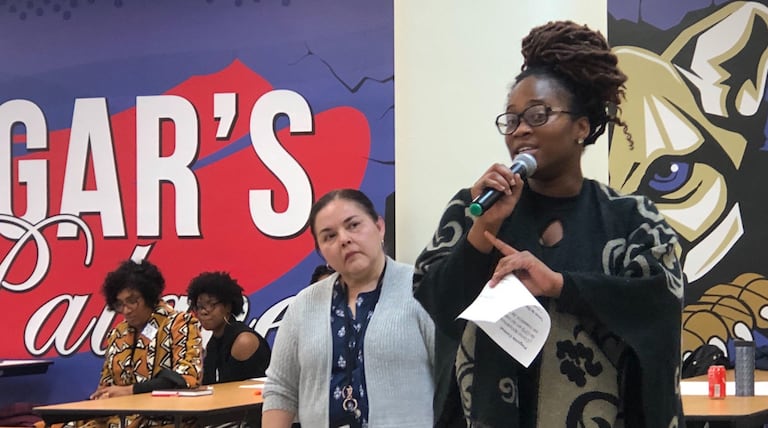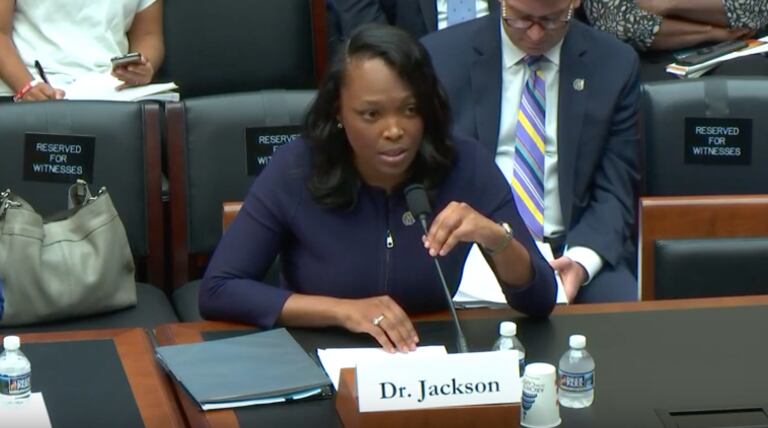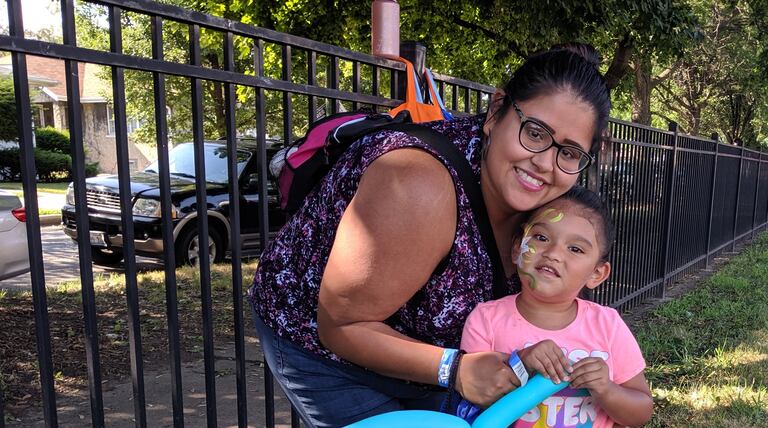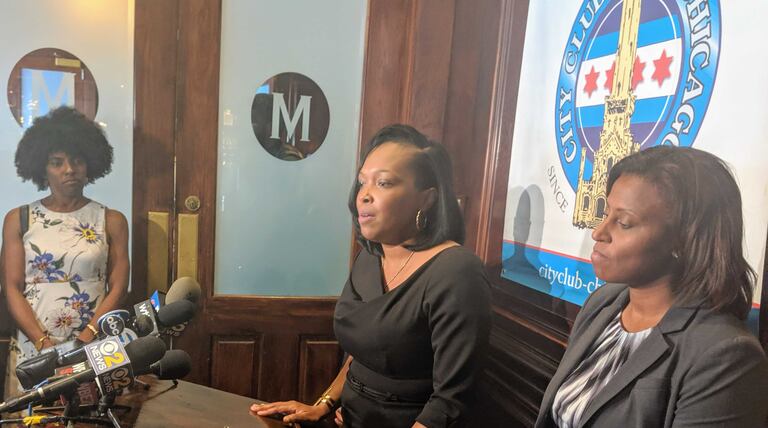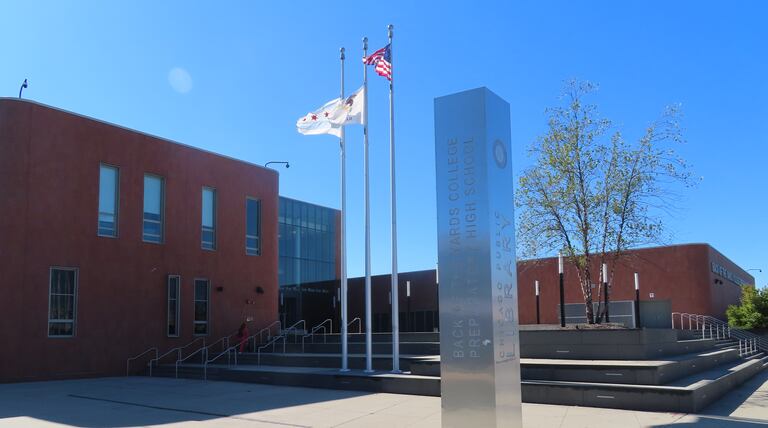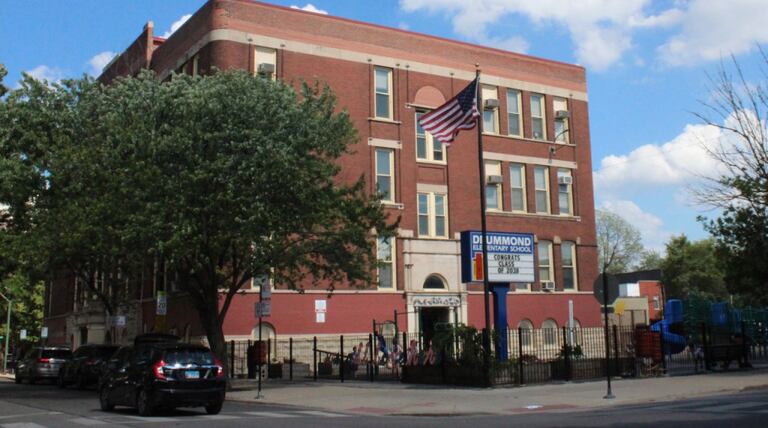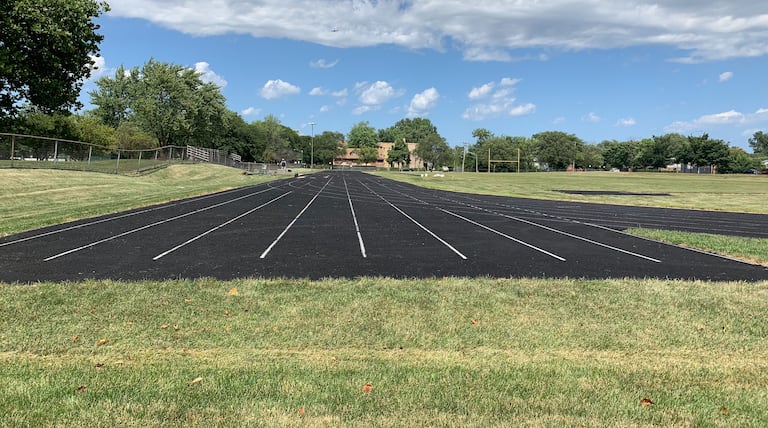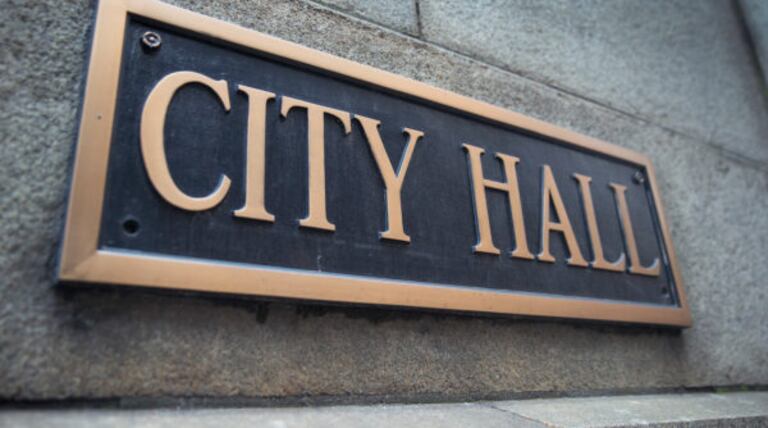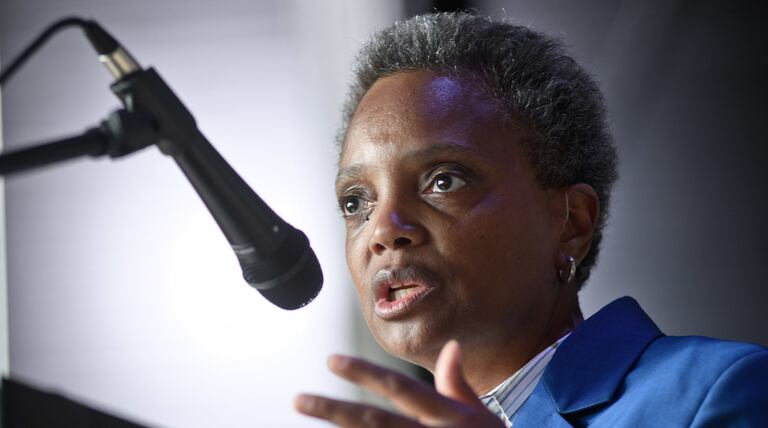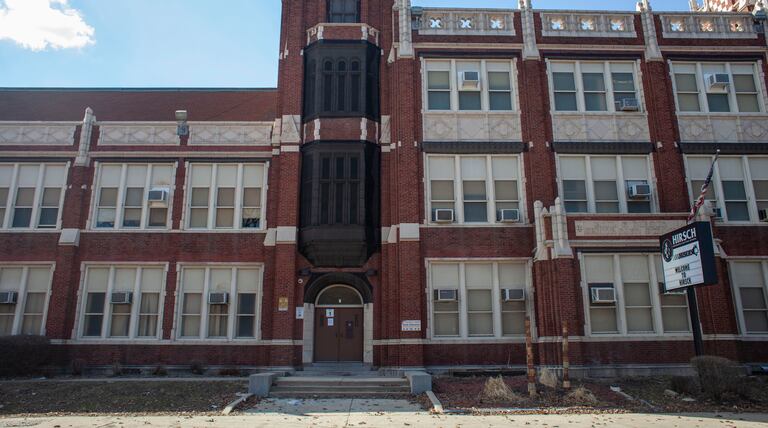Chicago has lost a quarter of its black teaching force in six years — when its student body is increasingly non-white. How can the district retain more teachers of color?
The hearing focused on practices that educators are using to support students affected by gun violence and other traumatic experiences.
What's your hope for the school year? We asked parents, teachers, and students across several neighborhoods to weigh in. Common themes included better grades, more experiences like music classes and field trips, and safe schools.
“I’m not satisfied,” Chicago schools chief Janice Jackson said of the district’s performance. “I like the incremental growth, but we need to see exponential growth, particularly among our African-American male and Latino male students, if we’re going to meet the goals we’ve outlined in our vision.”
Use our searchable database to see.
A disabilities rights group is pushing the city to do more to allow students with disabilities to attend classes and events on any floor of any city school building.
Rivera said that the Chicago district internally compiled proposed projects, prioritizing schools with the most at-risk students.
Sybil Madison, who co-chaired Chicago Mayor Lori Lightfoot’s education transition team, will oversee education and youth-related policies as deputy mayor of education and human services.
Chicago Public Schools held the event at the city’s Symphony Center for school leaders to rally and plan ahead of the new school year around the vision of an equitable school district.
Chicago Public Schools just released a $7.7 billion budget — its largest to date — and one that includes money for teacher raises, building upgrades, new technology, Pre-K expansion and additional counselors.

